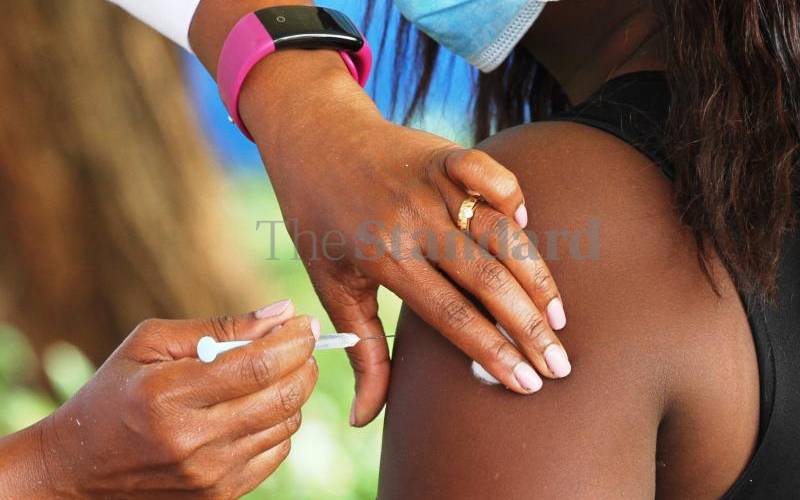×
The Standard e-Paper
Stay Informed, Even Offline

Dr Daniel Yumbya was not responding quickly to treatment after contracting Covid-19 in February.
The CEO of the Kenya Medical Practitioners and Dentists Council (KMPDC) had suffered persistent headache, high temperatures, nausea and lost his taste feeling. However, the coronavirus symptoms did not surprise him since he’s a frontline worker. He was only shaken when shortness of breath forced him to use supplemental oxygen in the five days he was admitted at the Nairobi West Hospital.